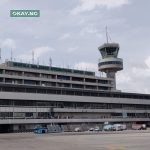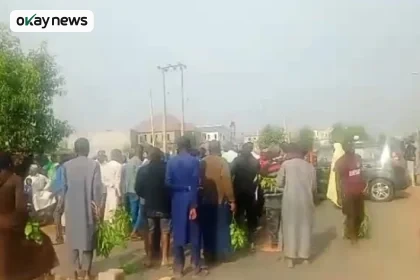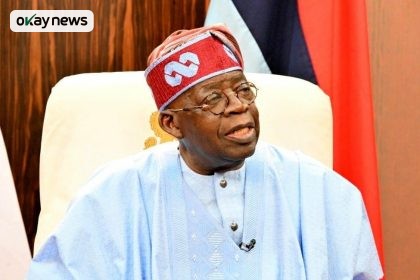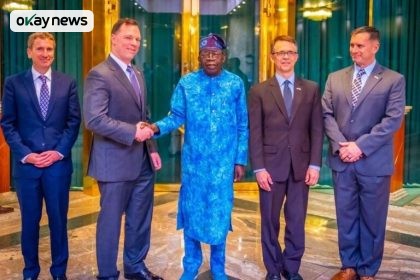The Northern Progressive Elders Group has voiced strong opposition to the creation of state police in Nigeria, cautioning the Federal Government against succumbing to mounting pressure for decentralised policing.
Speaking on behalf of the group, senior member Yusuf Abubakar warned during a telephone conversation on Thursday that the proposed security model could intensify political crises rather than resolve insecurity. He explained that the country’s core challenge is not the absence of multiple security outfits but the politicisation of security itself.
According to Abubakar, “Today, people celebrate attacks on communities based on political affiliations,” pointing out that both the All Progressives Congress (APC) and the Peoples Democratic Party (PDP) have been guilty of weaponising tragedy for political gains.
The group stressed that the solution to Nigeria’s worsening insecurity is not the creation of state-controlled police forces but rather the promotion of justice, fairness, and rule of law across the federation.
“Instead of creating state police that governors could use against their opponents, what Nigeria needs is justice, rule of law, and a fair application of security measures for all citizens,” Abubakar added.
The elders also highlighted past incidents of alleged misuse of the federal police, particularly in states such as Kaduna and Kebbi, where arrests were linked to political rivalries. They warned that if the federal police could be used for political suppression, state police would likely be abused to an even greater degree.
“If the federal police can be used to intimidate or suppress opposition, imagine what state-controlled forces could do in the hands of partisan governors,” the group declared.
okay.ng reports that the group also linked their concerns to the 2027 general elections, noting that state police could be used to target political opponents, thereby undermining democratic values.
The elders advised President Bola Ahmed Tinubu’s administration to prioritise strengthening existing security institutions, build accountability systems, and educate citizens about security measures rather than introducing potentially dangerous reforms.
The Tinubu government had initiated talks with governors in February 2024 regarding decentralised policing, but deliberations at the National Economic Council have been postponed three times. Proponents argue decentralisation will enable localised responses to insecurity, while critics maintain it risks being hijacked for political ends.







